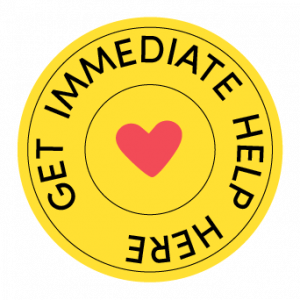

Supporting the First-year Students Community
College freshmen face unique circumstances and need additional support. Being new on campus and often away from their home and family, they can feel isolated and may struggle to connect with their peers or the larger campus community. First-year students usually find themselves in 100-level classes that are typically in large auditoriums with many students and so may be less likely to make meaningful connections with peers or be known personally by their educator.
There are a number of ways educators can help facilitate peer connections in first-year classes. From simply giving time for the students to introduce themselves, to easy-to-play group games, connecting is about adding some fun and allowing for comfortable conversation between students.
Classroom Connection Game Examples
One of the most important things for a freshman to accomplish early in their college life is to find a community of friends. When students connect with one another, they can share common experiences and support each other. Educators can help students simply by giving them information about upcoming campus events and organizations. These could be in the course syllabus, listing organizations freshmen can join, directing them to where they can find this information, and announcing larger campus events during class.